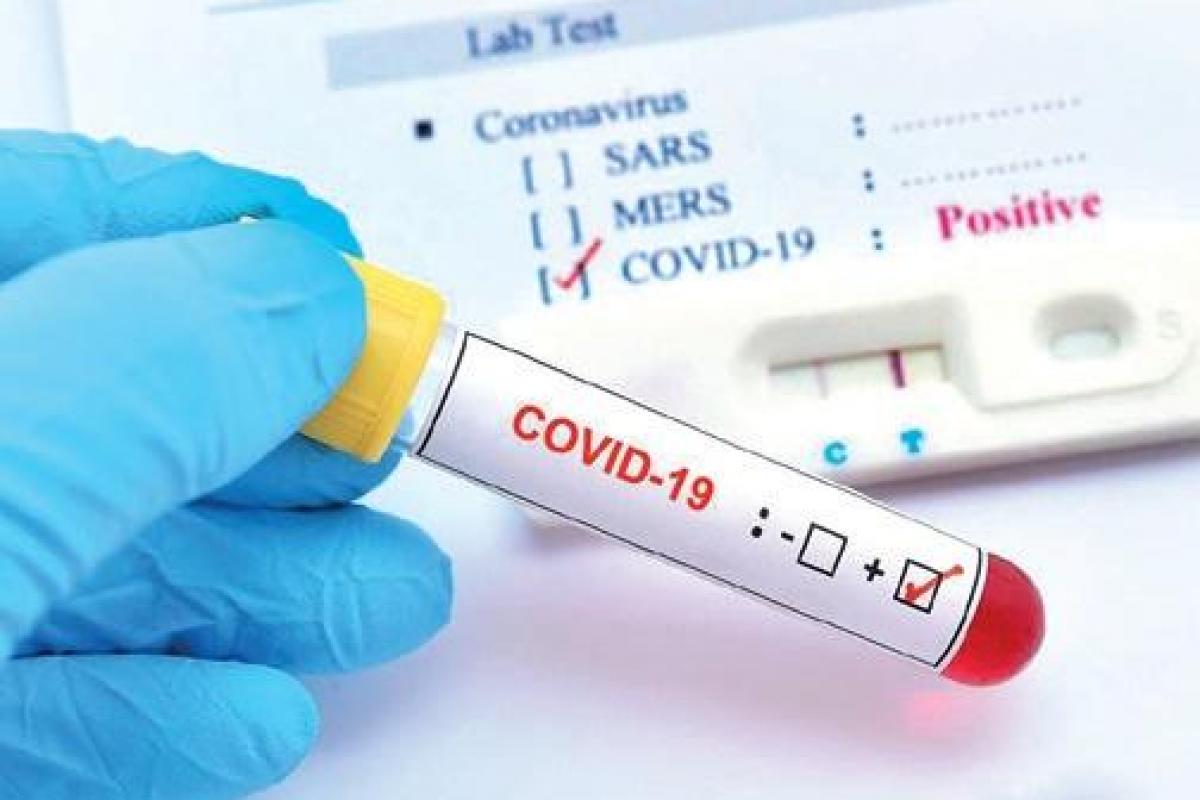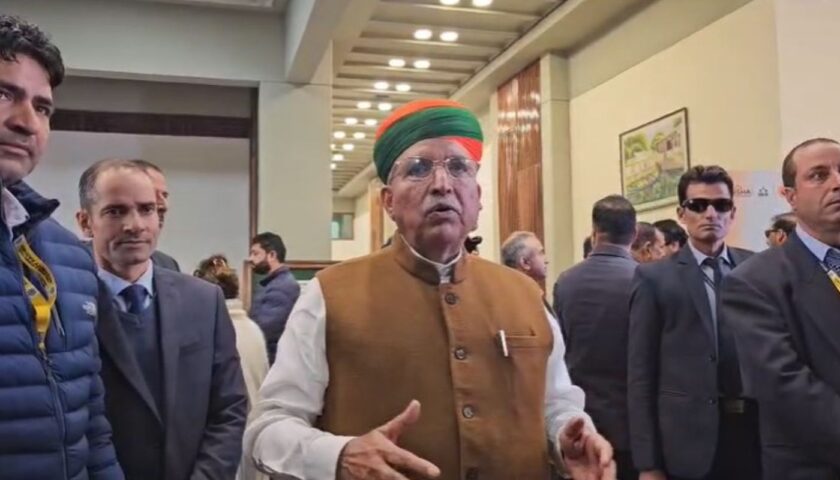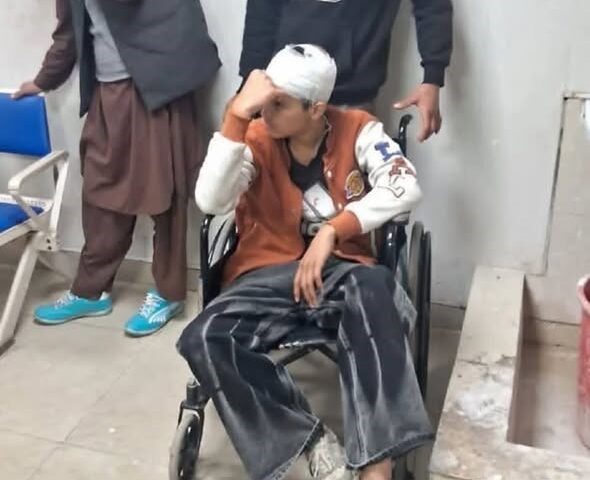Six more COVID-19 patients have died in Jammu and Kashmir in the past 24-hours while Wednesday reported this year’s highest, 812 fresh cases, pushing the infection tally to 13, 48,27, officials said.
Over the past four months, the coronavirus cases reported a downward trend, however as India is witnessing a new surge, JK also sees a rise in daily fresh cases.
The six new COVID casualties include four from the Jammu division and two from the Kashmir division.
Of the 812 fresh Covid-19 cases, 465 are from Kashmir and 347 from the Jammu region.
The government said of the total 63,29,888 test results available, 61,95,061 returned negative and 134,827 positive which include 5053 active positive cases while 127,774 have recovered and discharged including 254 persons discharged during the past 24 hours.
It said, so far, 15, 66,425 persons had been put under observation including 60,002 in home quarantine and 5035 in isolation while 12,32,82 people are under home surveillance and 13,76,088 persons have completed their surveillance period.
Jammu and Kashmir has, so far, reported 2018 casualties caused by the novel coronavirus which includes 1273 from Kashmir and 745 from Jammu.
So far, Srinagar has reported 477 deaths, Baramulla 181, Budgam 122, Pulwama 92, Kupwara 97, Anantnag 96, Kulgam 56, Bandipora 63, Shopian 40, and Ganderbal 49.
In Jammu division, Jammu district recorded 386 deaths, Rajouri 56, Doda 64, Kathua 53, Samba 41, Udhampur 58, Poonch 26, Ramban 23, Kishtwar 22 and Reasi 16.
Financial Commissioner Health and Medical Education, Atal Dulloo said they have increased testing and asked all the concerned officials to be on alert. At present, 27000 to 30000 tests are done in a day across Jammu and Kashmir, he said.
Dr M Saleem Khan, professor and HOD community medicine GMC Srinagar said those who were infected in the first wave are becoming more susceptible to catch the infection again.
“There are few instances of re-infection also. Viruses are usually unstable, so mutations do occur regularly,” he said.
“Earlier there was fear among people and they were cooperative. Now people are complacent and there is no fear. SOPs are not being followed, people don’t adhere to the basic precautionary measures,” he said.




